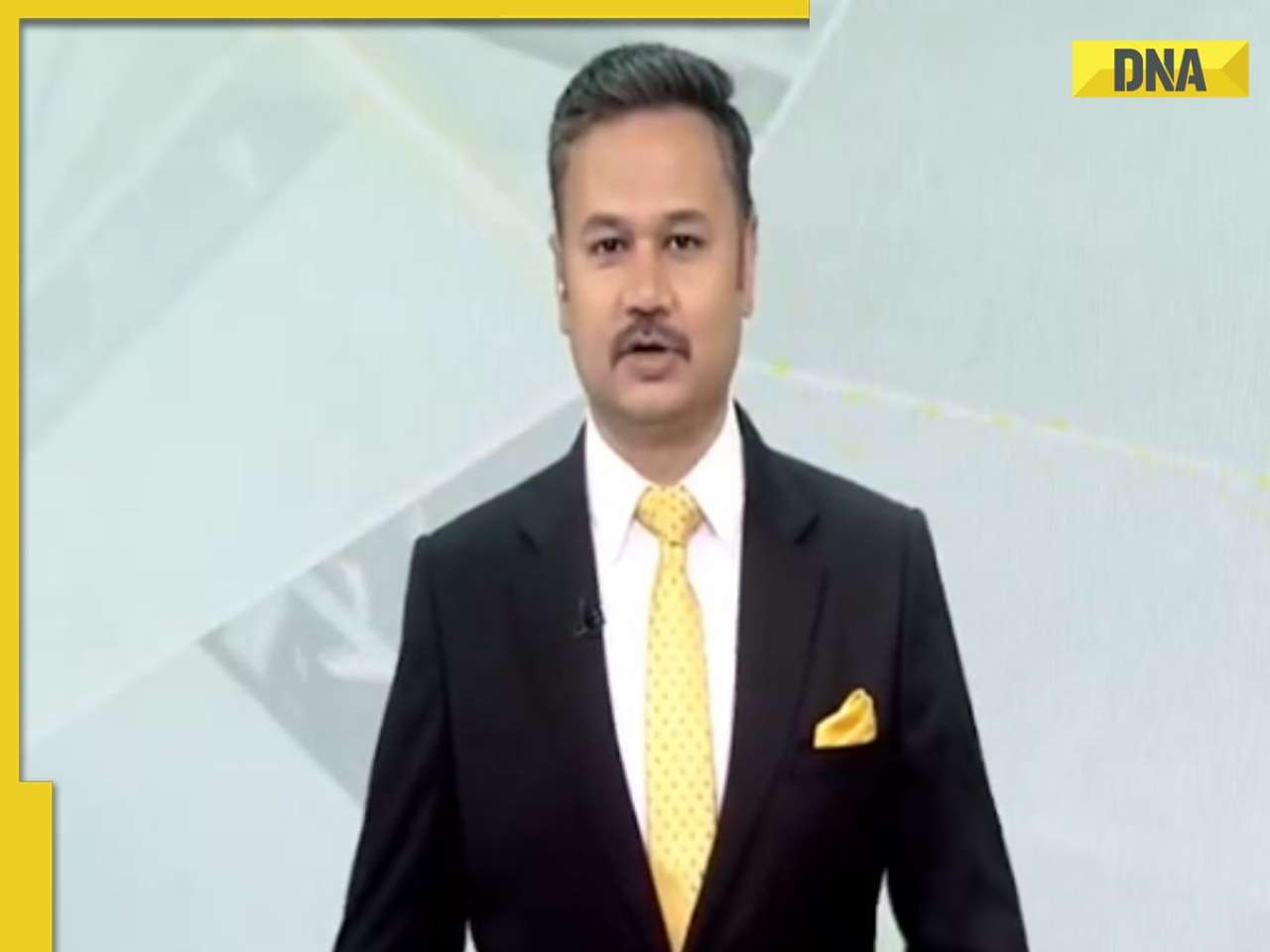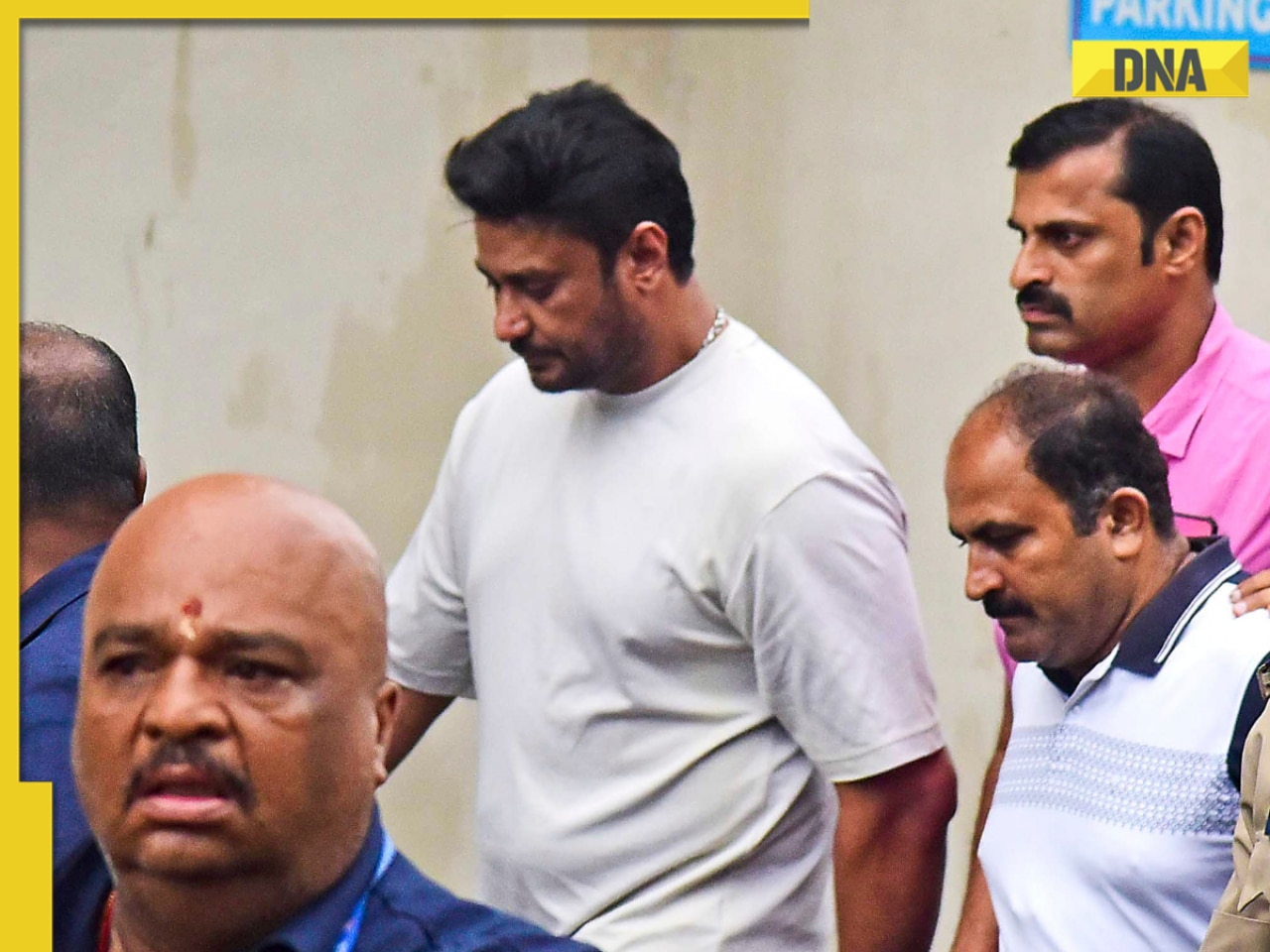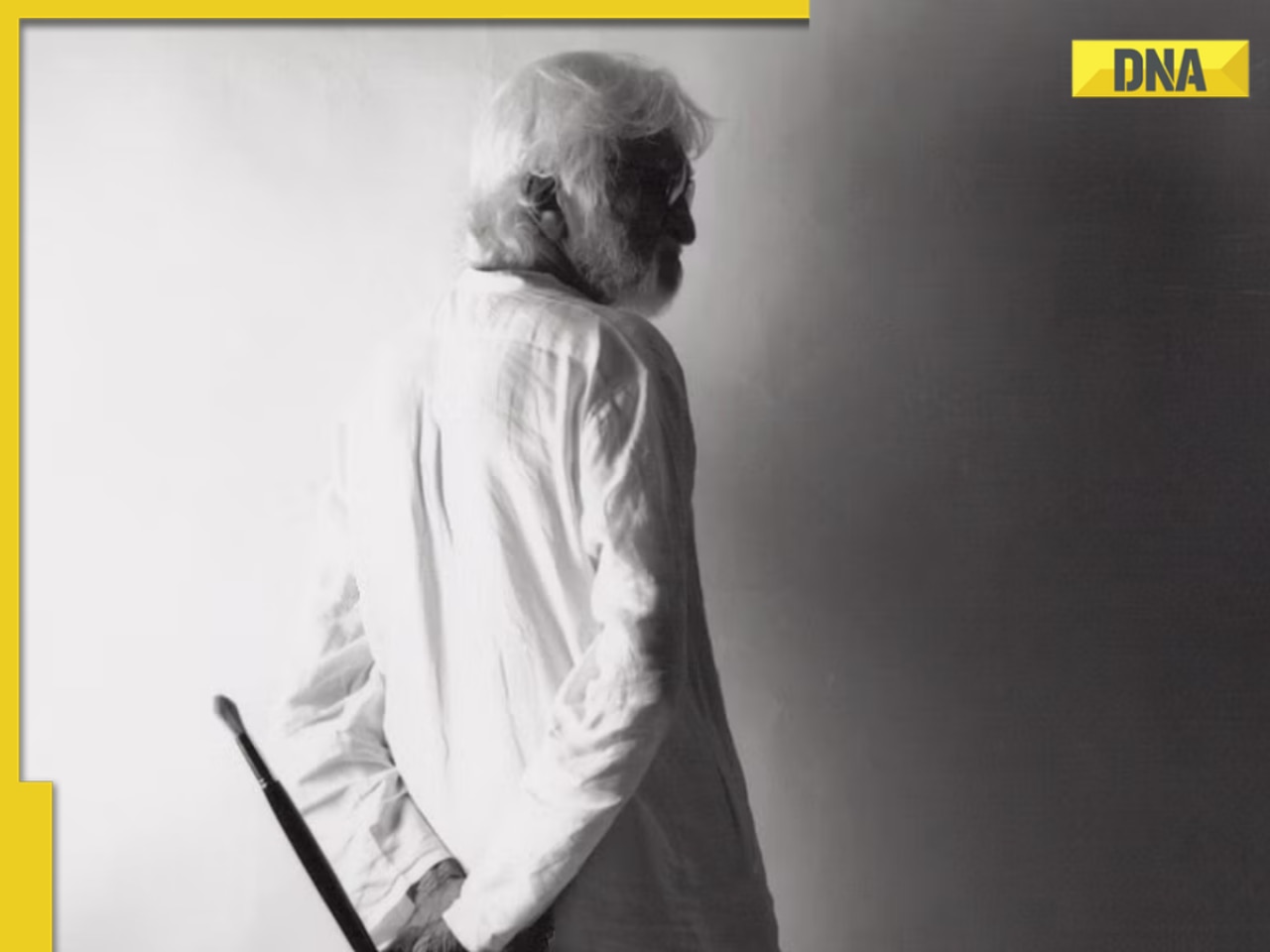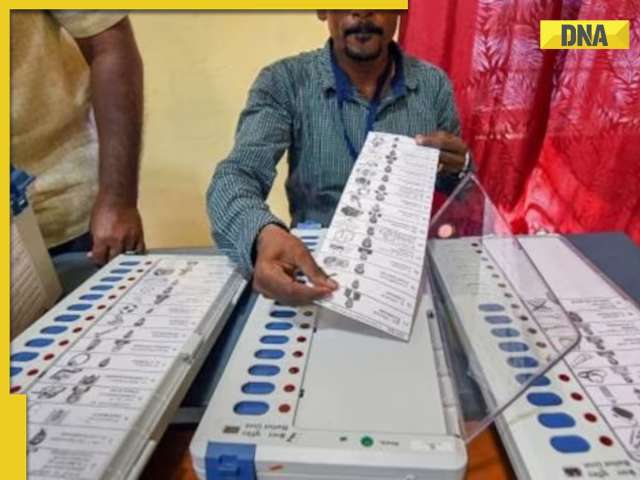Sri Lanka has categorically told India that no Pakistani pilots are involved in Colombo's military campaign against the Tamil Tigers.
NEW DELHI: Sri Lanka has categorically told India that no Pakistani pilots are involved in Colombo's military campaign against the Tamil Tigers.
A top adviser to Sri Lankan President Mahinda Rajapakse also informed Indian policy makers that Colombo was determined to capture a strategic area that overlooks the eastern port town of Trincomalee from the Liberation Tigers of Tamil Eelam (LTTE).
Basil Rajapakse, brother of President Rajapakse, stated this in free and frank discussions here with National Security Adviser M.K. Narayanan as well as other officials.
Informed sources in New Delhi and Colombo told IANS that the Sri Lankan President wanted to clear the air on certain issues, which he felt were causing misunderstandings between the two countries.
Ever since Pakistan's then envoy to Sri Lanka, Bashir Wali Mohammed, survived an assassination attempt in Colombo Aug 14, Islamabad's military ties with Colombo have come under scrutiny, and some reports have suggested that Pakistani pilots were flying Sri Lankan Air Force jets targeting LTTE bases in the island's north and east. Rajapakse said this was not true.
Rajapakse also asserted that the Sri Lankan military was intent on seizing Sampoor on the east coast because LTTE's control of the coastal region had made things difficult for the major Sri Lankan naval base at Trincomalee.
Spreading out military maps, Rajapakse explained that the control of Sampoor was very vital for Colombo. Once the mission was accomplished, Sri Lanka would be ready to talk to LTTE if the latter desired, he said.
"Rajapakse explained the strategic importance of Sampoor," one official said.
Rajapakse's sudden visit to New Delhi comes amid fierce fighting in Sampoor region that has left scores dead on both sides and displaced thousands, mainly Tamil civilians.
The LTTE had built a major military base in Sampoor since the Norway-brokered 2002 ceasefire agreement. Military experts the Tigers can use Sampoor to cripple or at least seriously disrupt Trincomalee.
Rajapakse pointed out that the LTTE had killed 169 Sri Lankan soldiers from December 2005 until the outbreak of major hostilities in July 2006. Since then, he claimed, just over 100 soldiers had died in combat against the Tigers.
His argument was that the LTTE's earlier method of picking out soldiers in two's, three's and four's was far most costly to the Sri Lankan state than open war.
In an obvious reference to India and other countries, he complained that Colombo was being told to halt stop its military offensive, but similar advice was never given to the LTTE when it began killing Sri Lankan soldiers.
Indian officials got the impression that Basil Rajapakse, who along with his other brother Gotabaya forms the inner core of the Sri Lankan government led by Mahinda Rajapakse, was clear about the risks flowing from the present fighting that threatens to snowball into all out war.
In other words, President Rajapakse appears to have considered the possibility that the LTTE could hit back if and when it lost control of Sampoor, which many feel could happen in light of the ferocity of the Sri Lankan military advance.
On their part, Indian officials listened patiently to Basil Rajapakse but told him politely that war could never bring about a lasting solution to the conflict in Sri Lanka, which badly needed a political rapprochement.
Much of the international community also fears that Sampoor's capture would only escalate Sri Lanka's present fighting.
The LTTE has described the rationale given by Colombo for its offensive as "spurious" and "deceptive".
![submenu-img]() DNA TV Show: What will UP CM Yogi Adityanath discuss with RSS chief Mohan Bhagwat in Gorakhpur?
DNA TV Show: What will UP CM Yogi Adityanath discuss with RSS chief Mohan Bhagwat in Gorakhpur?![submenu-img]() Actor Darshan case: Accused offered Rs 1 crore to officials to hide cause of death, wanted to prove...
Actor Darshan case: Accused offered Rs 1 crore to officials to hide cause of death, wanted to prove...![submenu-img]() This director never came to set, tore up script, fought crew, film was pulled from theatres after just one day because..
This director never came to set, tore up script, fought crew, film was pulled from theatres after just one day because..![submenu-img]() Former champions Pakistan crash out of T20 World Cup 2024, USA qualify for Super 8
Former champions Pakistan crash out of T20 World Cup 2024, USA qualify for Super 8![submenu-img]() Who is Darshan? Kannada star arrested for killing fan; called 'demigod' by fans, was earlier jailed for domestic abuse
Who is Darshan? Kannada star arrested for killing fan; called 'demigod' by fans, was earlier jailed for domestic abuse![submenu-img]() Meet woman who was once a sweeper, single mother, cleared civil services exam to become SDM, now arrested due to...
Meet woman who was once a sweeper, single mother, cleared civil services exam to become SDM, now arrested due to...![submenu-img]() Dr Vivek Bindra spoke in favor of NEET students, now the Supreme Court has also ordered a re-test
Dr Vivek Bindra spoke in favor of NEET students, now the Supreme Court has also ordered a re-test![submenu-img]() NEET 2024 re-exam notification released, exam to be conducted on...
NEET 2024 re-exam notification released, exam to be conducted on... ![submenu-img]() Bihar NET-UG Paper Leak: Burnt papers, post-dated cheques, Rs 32 lakh, why is NTA silent over these?
Bihar NET-UG Paper Leak: Burnt papers, post-dated cheques, Rs 32 lakh, why is NTA silent over these?![submenu-img]() Meet woman, a Phd holder who cracked UPSC exam with AIR 6 without coaching in 2nd attempt, but didn’t became IAS due to…
Meet woman, a Phd holder who cracked UPSC exam with AIR 6 without coaching in 2nd attempt, but didn’t became IAS due to…![submenu-img]() DNA Verified: Did Kangana Ranaut party with gangster Abu Salem? Actress reveals who's with her in viral photo
DNA Verified: Did Kangana Ranaut party with gangster Abu Salem? Actress reveals who's with her in viral photo![submenu-img]() DNA Verified: New Delhi Railway Station to be closed for 4 years? Know the truth here
DNA Verified: New Delhi Railway Station to be closed for 4 years? Know the truth here![submenu-img]() DNA Verified: Did RSS chief Mohan Bhagwat praise Congress during Lok Sabha Elections 2024? Know the truth here
DNA Verified: Did RSS chief Mohan Bhagwat praise Congress during Lok Sabha Elections 2024? Know the truth here![submenu-img]() DNA Verified: Is CAA an anti-Muslim law? Centre terms news report as 'misleading'
DNA Verified: Is CAA an anti-Muslim law? Centre terms news report as 'misleading'![submenu-img]() DNA Verified: Lok Sabha Elections 2024 to be held on April 19? Know truth behind viral message
DNA Verified: Lok Sabha Elections 2024 to be held on April 19? Know truth behind viral message![submenu-img]() How Kalki 2898 AD makers dared to dream pan-India with its unique promotional campaign for Prabhas-starrer
How Kalki 2898 AD makers dared to dream pan-India with its unique promotional campaign for Prabhas-starrer![submenu-img]() In pics: Prabhas' robotic car Bujji from Kalki 2898 AD takes over Mumbai streets, fans call it 'India's Batmobile'
In pics: Prabhas' robotic car Bujji from Kalki 2898 AD takes over Mumbai streets, fans call it 'India's Batmobile'![submenu-img]() Streaming This Week: Bade Miyan Chote Miyan, Maidaan, Gullak season 4, latest OTT releases to binge-watch
Streaming This Week: Bade Miyan Chote Miyan, Maidaan, Gullak season 4, latest OTT releases to binge-watch![submenu-img]() Lok Sabha Elections 2024 Result: From Smriti Irani to Mehbooba Mufti, these politicians are trailing in their seats
Lok Sabha Elections 2024 Result: From Smriti Irani to Mehbooba Mufti, these politicians are trailing in their seats![submenu-img]() Lok Sabha Elections 2024: 6 states with highest number of seats
Lok Sabha Elections 2024: 6 states with highest number of seats![submenu-img]() DNA Explainer: What is Kafala system that is prevalent in gulf countries? Why is it considered extremely brutal?
DNA Explainer: What is Kafala system that is prevalent in gulf countries? Why is it considered extremely brutal? ![submenu-img]() Lok Sabha Elections 2024: What are exit polls? When and how are they conducted?
Lok Sabha Elections 2024: What are exit polls? When and how are they conducted?![submenu-img]() DNA Explainer: Why was Iranian president Ebrahim Raisi seen as possible successor to Ayatollah Khamenei?
DNA Explainer: Why was Iranian president Ebrahim Raisi seen as possible successor to Ayatollah Khamenei?![submenu-img]() DNA Explainer: Why did deceased Iranian President Ebrahim Raisi wear black turban?
DNA Explainer: Why did deceased Iranian President Ebrahim Raisi wear black turban?![submenu-img]() Iran President Ebrahim Raisi's death: Will it impact gold, oil prices and stock markets?
Iran President Ebrahim Raisi's death: Will it impact gold, oil prices and stock markets?![submenu-img]() Actor Darshan case: Accused offered Rs 1 crore to officials to hide cause of death, wanted to prove...
Actor Darshan case: Accused offered Rs 1 crore to officials to hide cause of death, wanted to prove...![submenu-img]() This director never came to set, tore up script, fought crew, film was pulled from theatres after just one day because..
This director never came to set, tore up script, fought crew, film was pulled from theatres after just one day because..![submenu-img]() Who is Darshan? Kannada star arrested for killing fan; called 'demigod' by fans, was earlier jailed for domestic abuse
Who is Darshan? Kannada star arrested for killing fan; called 'demigod' by fans, was earlier jailed for domestic abuse![submenu-img]() Raveena Tandon sends defamation notice to man who shared her 'fake' road rage video
Raveena Tandon sends defamation notice to man who shared her 'fake' road rage video![submenu-img]() Drashti Dhami announces pregnancy after nine years of marriage, shares hilarious video with husband Niraj Khemka
Drashti Dhami announces pregnancy after nine years of marriage, shares hilarious video with husband Niraj Khemka![submenu-img]() In latest gaffe, US President Joe Biden salutes Italian PM Meloni at G7 Summit, watch viral video
In latest gaffe, US President Joe Biden salutes Italian PM Meloni at G7 Summit, watch viral video![submenu-img]() 'My tax is for the nation's development, not for free distribution': Why is this slogan trending on social media?
'My tax is for the nation's development, not for free distribution': Why is this slogan trending on social media?![submenu-img]() Mukesh Ambani's guest list for Anant-Radhika’s 2nd pre-wedding bash had family, friends and..
Mukesh Ambani's guest list for Anant-Radhika’s 2nd pre-wedding bash had family, friends and..![submenu-img]() Viral video: Influencer faces backlash for dancing to Bollywood song at Kolkata airport, watch
Viral video: Influencer faces backlash for dancing to Bollywood song at Kolkata airport, watch![submenu-img]() Vet monitors lion's heart rate using Apple watch, video goes viral
Vet monitors lion's heart rate using Apple watch, video goes viral
























































)
)
)
)
)
)